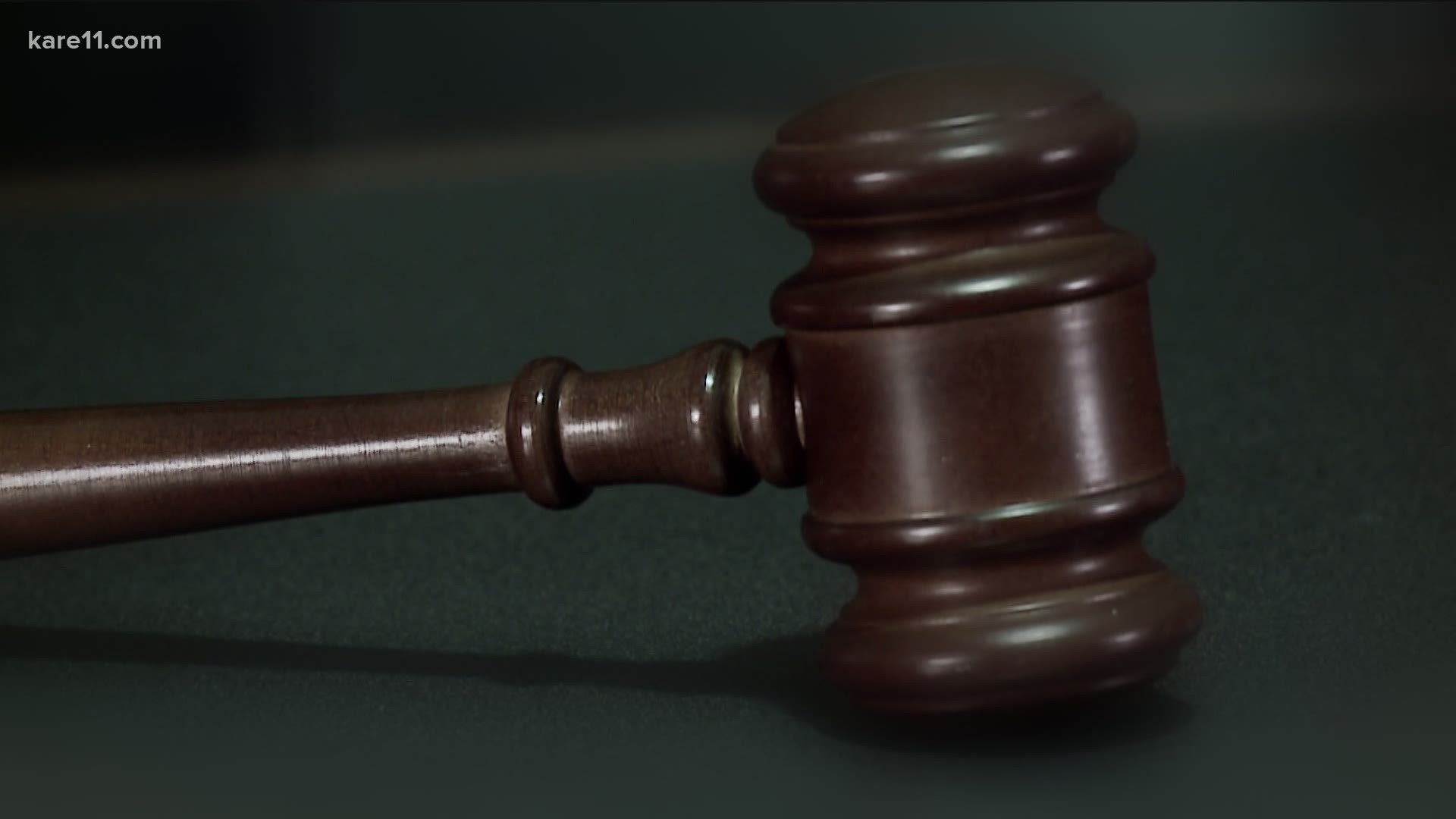MINNEAPOLIS — As we wait for the trial of former Minneapolis police officer Derek Chauvin to officially begin at the end of this month, we're currently sitting through jury selection.
While the jury is a crucial part in all of this, Judge Peter Cahill is also another pivotal figure in the equation. That got us wondering, how did this case specifically end up before him?
We've been spending a lot of time with prominent judicial figures the past few weeks, so we asked them.
"Each district has their own rules," Retired U.S. District Judge for Minnesota James Rosenbaum said. "I think in Hennepin county-- judges-- some judges sit in family court, some sit juvenile, and some sit in probate, now they're not going to be doing this. Judges who are in criminal assignment, I think that's how they just designate which one is going to get it."
Judge Rosenbaum is right. Judge Cahill is part of the Person Felony team in the fourth judicial district and handles serious felonies like murder, manslaughter and some assaults.
And former Hennepin county chief public defender Mary Moriarty said usually, the judge who handles the first appearance is the one to see it through, unless something prompts a change.
"This particular case, people knew the notoriety it was going to have, and it was important to choose a judge that could handle it," Moriarty said. "So I'm sure Cahill was asked to do it, and must have accepted the challenge."
Moriarty said the asking was most likely done by the Chief Judge Toddrick Barnette or Assistant Chief Judge Kerry Meyer.
The choice of judge matters because he's involved in ways that are very visible, especially so far during jury selection, when he asks potential jurors questions.
"He is giving them permission to be honest and explain what happened, which is what you want," he said. "Not all judges are that way but I think he is doing a good job of putting the jurors at ease, which hopefully means they feel more comfortable sharing information."
Moriarty said that's important because being questioned in front of what's presumed to be an international audience, isn't easy for anyone.
"So it's very daunting to have it be televised--their audio I guess, but Cahill is doing the best he can i think to put them at ease."
If you think you have a question that you think we could help you answer-- send them to Jana Shortal at jshortal@kare11.com.

